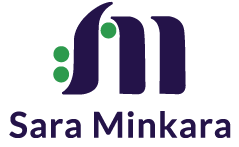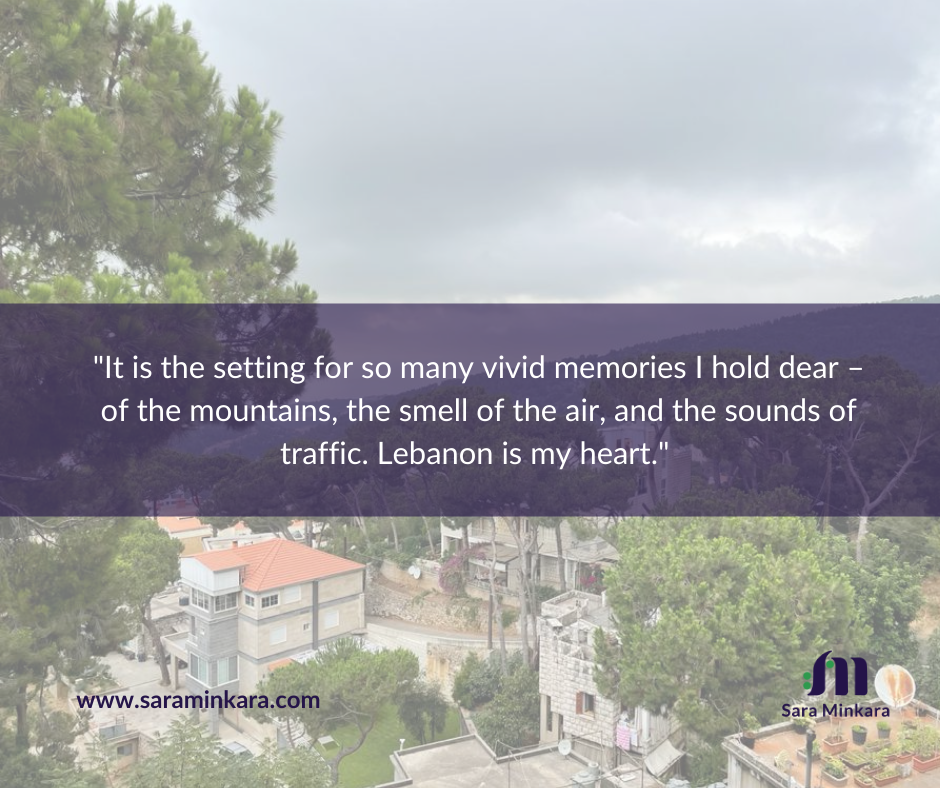What’s Happening in Lebanon?
Yesterday marked the one-year anniversary of an infamous event in Lebanon’s incredible history. A very quick lesson for those who don’t know: Lebanon is a small country in the Middle East off the coast of the Mediterranean. Despite its diminutive size, Lebanon is historically and culturally rich. It is one of the oldest human settlements in the world. Lebanon has hosted major empires you may recall from history books, the Phoenicians, Babylonians, Greeks and Egyptians among them. Over centuries, Lebanon has attracted a diverse and resilient people. But more recently, Lebanon has been bleeding. Plagued with corruption and disunity, the governmental discourse and direction has left its people feeling hopeless. And chief among those challenges is the August 4th, 2020, Beirut Port Blast.
One year ago, yesterday, the country suffered a devastating tragedy. In the most significant non-nuclear blast in history, over 200 people were killed, another 7000 injured and 300,000 displaced when an explosion at the port in Lebanon’s capital disrupted life in Beirut irreparably. At the time, the government pledged a comprehensive response within 5 days. One year later, we still wait. Answers and accountability elude us. The government failed, and Lebanon bleeds.
To me, a first-generation Lebanese American woman, the country is so much more than its current circumstances. And Lebanon is so much more than the country where my parents grew up. I am grateful to my parents for so much, but in particular for ensuring that I established deep roots in Lebanon. We visited every summer, and through those visits, I developed strong ties to the country. Lebanon is a symbol for me. It represents family, culture and beauty. It is where I established the first organization I founded, ETI.
It is the setting for so many vivid memories I hold dear – of the mountains, the smell of the air, and the sounds of traffic. Lebanon is my heart.
And in my travels to Lebanon over the years I know it lives in the hearts of so many others, from those who call Lebanon their home and for those, like me, who do not live there but love to visit. In addition to the tragedy those people have already suffered from the Beirut Port Blast, they have been victimized over and over again by the failed response. There is evidence that officials accountable for the response, from politicians to military officers and others, were aware that dangerous chemicals were being improperly stored at the port warehouse but took no action to avoid the blast. And instead of providing a strong response after the disaster, the cabinet resigned to avoid responsibility, compounding the devastation. Lebanon has been in an economic downturn since. Prices for goods have skyrocketed, there are 24-hour power outages, and medical supplies are scarce. Perhaps worst of all, people have lost hope. Just as the government has forsaken their people, the people have forsaken their pride.
Some are looking for help from nearby nations. And while of course we are glad of the support, it is critical that change starts right here, from home, from within Lebanon. We need unity, not division. Rather than sects helping their own, we must all unite to help everyone. The port disaster and everything that came after it is terribly sad and it breaks my heart, but we can’t lose hope. There are people and organizations that fight tirelessly for change, for justice and for accountability. Every one of us can join those fights. The need to rebuild – to rebuild Lebanon, to rebuild a people, to rebuild hope – is long overdue. Thank you for anything you can do to help.
You can start today, and you can start here:
Lebanese Red Cross- https://supportlrc.app/donate/donate.html
The United Nations’ World Food Programme- https://secure.wfpusa.org/donate/save-lives-giving-food-today-donate-now-7?ms=2000_UNR_wfp_redirect_EX&redirected=US
The Lebanese Food Bank- https://lebanesefoodbank.org/
Lebanon 2.0- https://www.lebanon20.org/


